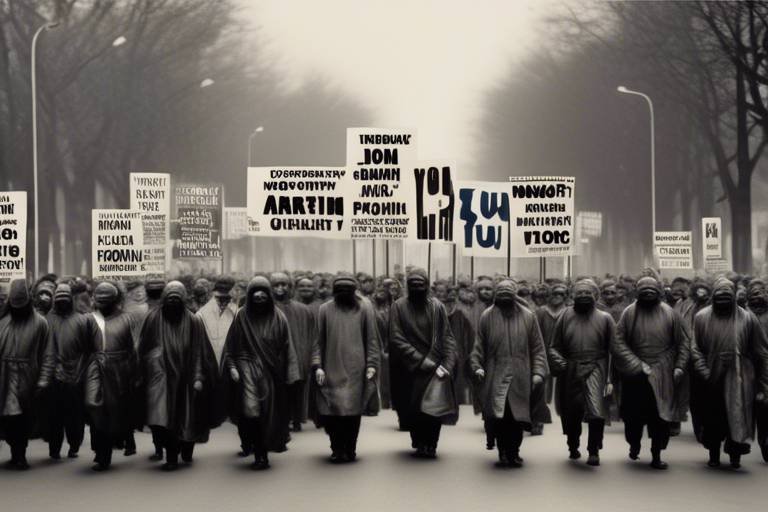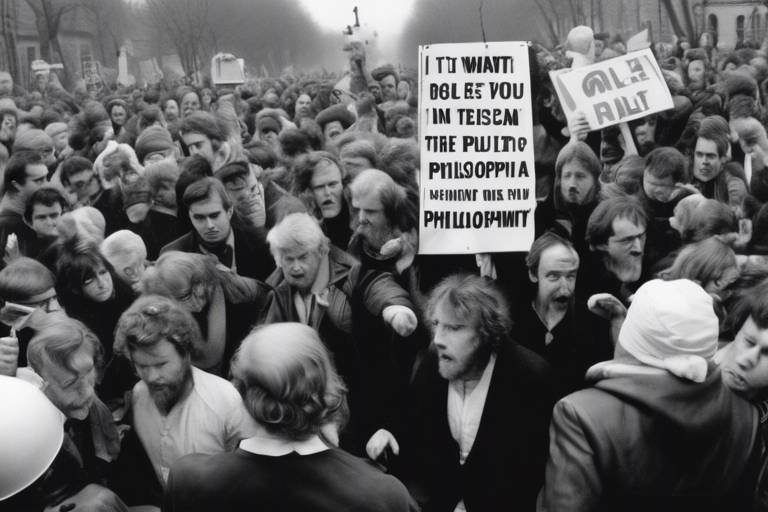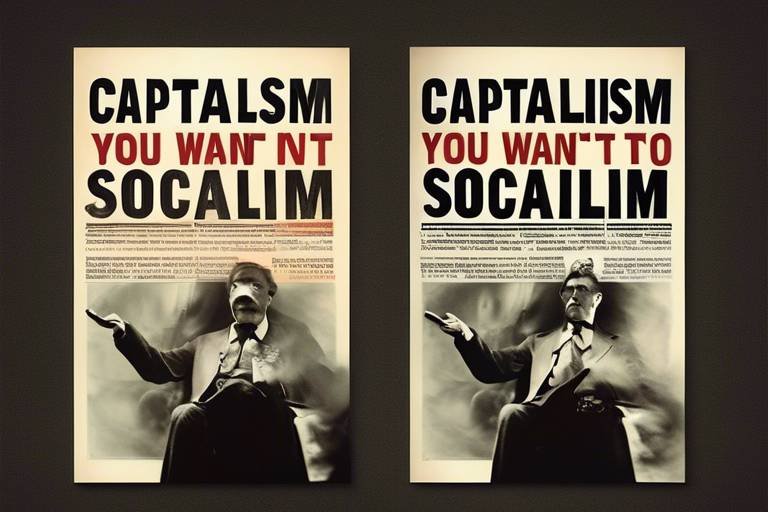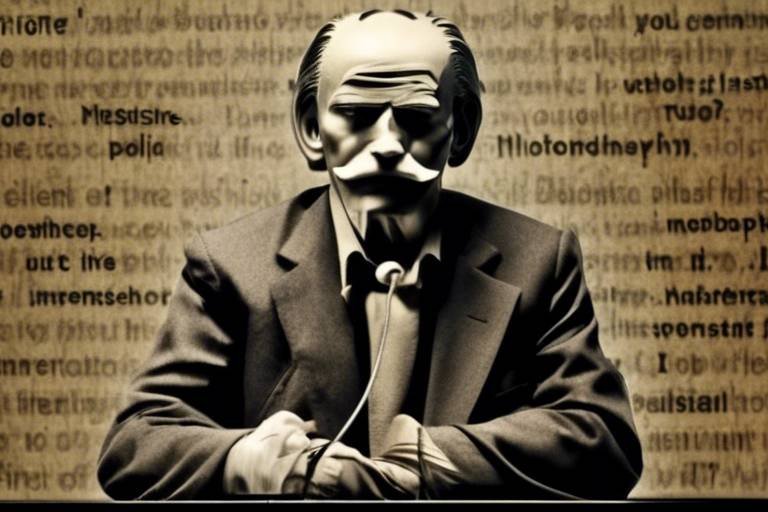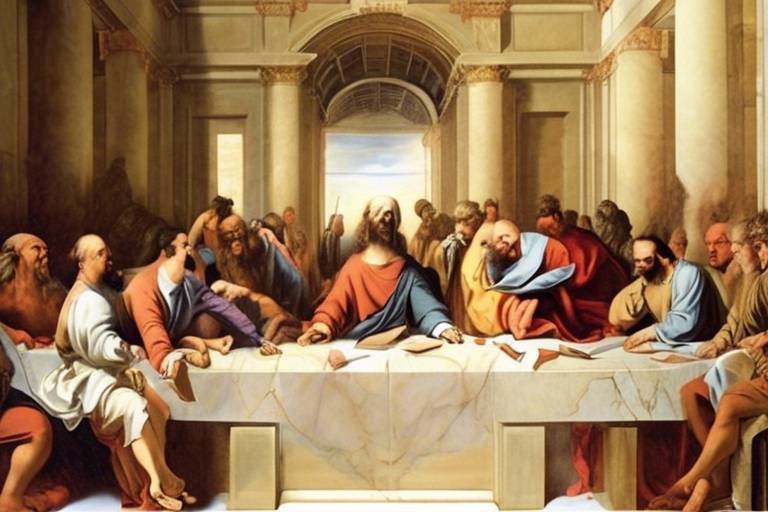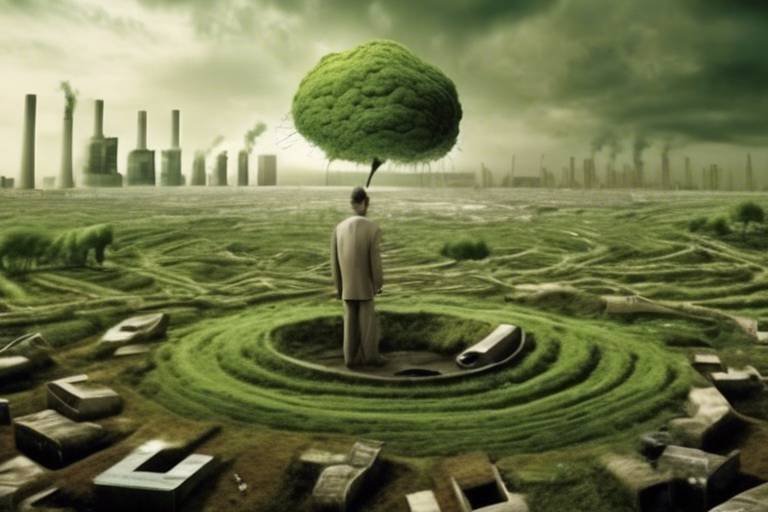Philosophy, Democracy, and the Politics of Fear
The intricate relationship between philosophical thought, democratic principles, and the pervasive influence of fear in political discourse is a topic that deserves deep exploration. At the heart of democracy lies a tapestry woven from various philosophical ideas, each contributing to the democratic values we hold dear today. These values encourage us to think critically, challenge the status quo, and engage with ethical considerations in governance. But what happens when fear enters the equation? Does it enhance our democratic process, or does it undermine the very foundations of freedom and equality? In this article, we will delve into these questions, examining how fear can manipulate public opinion, shape policies, and ultimately influence the way we perceive our democratic institutions.
In a world where information is just a click away, the power of fear can spread like wildfire. Politicians often leverage this emotion to rally support or divert attention from pressing issues. Imagine a scenario where a leader stirs up fear regarding an external threat; suddenly, citizens may prioritize safety over their rights, leading to a dangerous compromise of democratic values. This manipulation can create a cycle where fear becomes the norm, influencing how citizens vote and how policies are crafted. The implications of fear in politics are profound, and understanding them is crucial for anyone who values the principles of democracy.
As we navigate through historical examples, we will uncover how fear has been used as a political tool throughout time. From the Cold War to the post-9/11 era, leaders have capitalized on fear to justify actions that may have otherwise been unacceptable. These case studies will reveal the patterns of behavior that emerge when fear dictates political discourse, leading us to question whether the ends truly justify the means. Are we willing to sacrifice our freedoms for the illusion of safety? This is a question that resonates deeply in today’s political climate, and it’s one that we must grapple with as we move forward.
Ultimately, the intersection of philosophy, democracy, and fear presents a rich landscape for discussion. Philosophers have long debated the ethical implications of using fear in governance, and their insights can guide us in understanding the delicate balance between safety and freedom. As we explore these themes, we will also address the vulnerabilities that democracy faces when fear takes the reins. The consequences can be dire, leading to the erosion of civil liberties and a breakdown of trust in our institutions.
In conclusion, the relationship between philosophy, democracy, and fear is complex and multifaceted. By examining these connections, we can better understand the challenges that lie ahead. As we continue to navigate a world filled with uncertainties, it is imperative that we remain vigilant, ensuring that fear does not dictate our political decisions or compromise our democratic values. Together, let’s explore this dynamic interplay and strive for a future where democracy thrives, even in the face of fear.
- How does fear influence voter behavior? Fear can lead voters to prioritize safety over other issues, often swaying their decisions in favor of candidates who promise security.
- Can philosophy help counteract fear in politics? Yes, philosophical discussions can promote critical thinking and ethical considerations that challenge fear-based narratives.
- What are some historical examples of fear in politics? The Cold War and the post-9/11 era are two significant periods where fear was utilized to justify political actions and policies.
- How can citizens protect their democratic values? Staying informed, engaging in dialogue, and advocating for civil liberties are essential steps in safeguarding democracy against fear-driven politics.
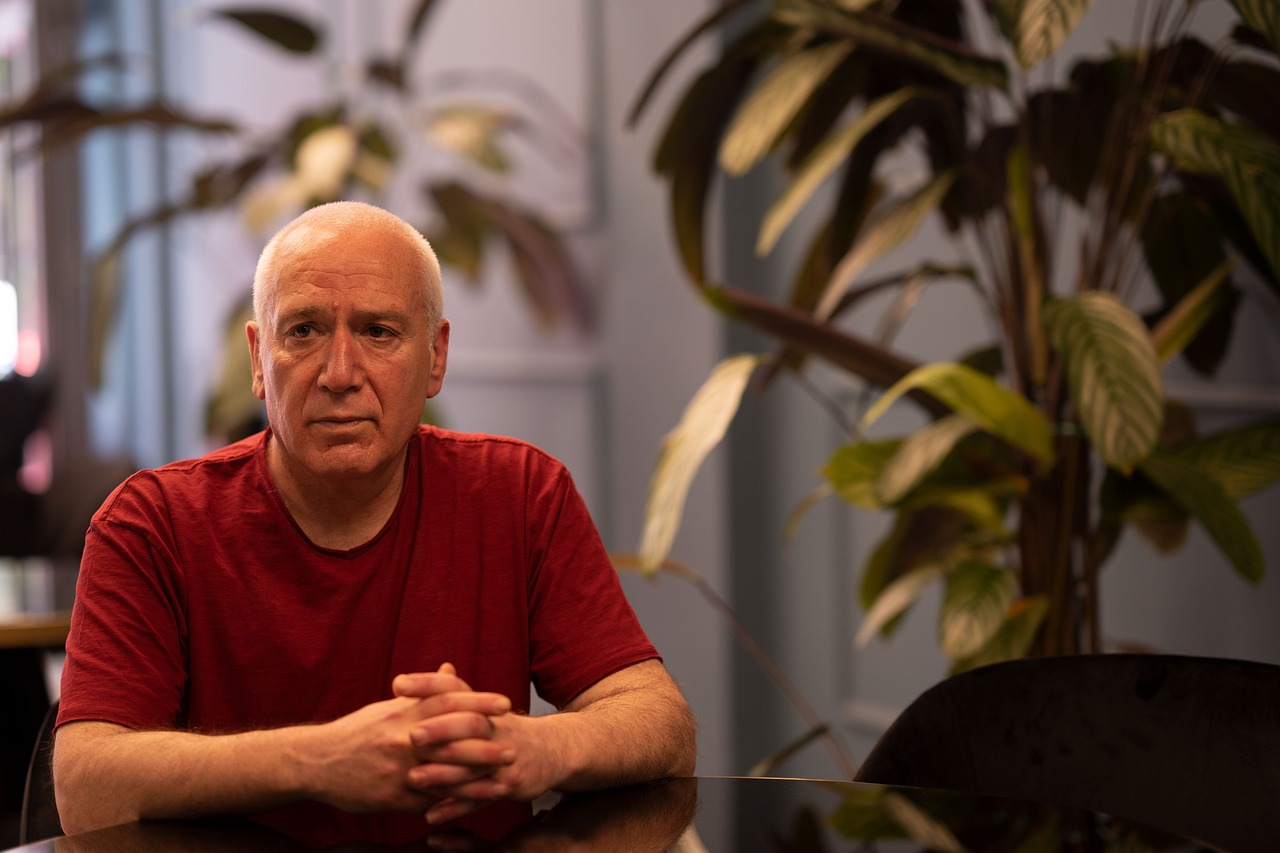
The Role of Philosophy in Democracy
Philosophy plays a crucial role in shaping the very essence of democracy. At its core, democracy is not just a system of governance; it's a set of principles that rely heavily on the philosophical ideas of freedom, equality, and justice. Think of philosophy as the bedrock upon which democratic values are built. Without these foundational ideas, democracy would be like a house of cards, vulnerable to collapse at the slightest breeze of dissent or challenge.
One of the fundamental contributions of philosophy to democracy is the encouragement of critical thinking. In a democratic society, citizens are expected to engage in the decision-making process, and this requires a keen ability to analyze, evaluate, and form reasoned arguments. Philosophy teaches individuals to question assumptions, consider multiple perspectives, and arrive at conclusions based on logic rather than emotion. This skill set is essential for a vibrant democracy, where informed citizens can challenge authority and advocate for their rights.
Moreover, philosophy instills a sense of ethical consideration in governance. Democratic principles demand that leaders act in the best interest of the public, and philosophy provides the moral framework to guide these actions. For instance, concepts like utilitarianism, which advocates for the greatest good for the greatest number, can influence policy decisions to ensure that they are just and equitable. When leaders are guided by ethical philosophies, they are less likely to succumb to the temptations of power and manipulation.
Philosophical discourse also encourages public participation. In a democracy, the voice of the people is paramount, and philosophy promotes the idea that every individual has inherent worth and the right to contribute to societal discussions. This notion is echoed in the works of philosophers like John Locke and Jean-Jacques Rousseau, who emphasized the importance of social contracts and collective decision-making. Their ideas inspire citizens to engage actively in political processes, from voting to civic activism, thus enriching the democratic experience.
Furthermore, understanding the philosophical underpinnings of democracy helps us appreciate its complexities. Democracy is not a one-size-fits-all solution; it is a dynamic system that must adapt to the changing needs of society. Philosophy aids in navigating these complexities by providing tools to analyze and critique existing democratic structures. For instance, debates surrounding issues like freedom of speech and the right to protest often draw on philosophical arguments about the balance between individual rights and collective security.
In conclusion, the role of philosophy in democracy is multifaceted and indispensable. It equips citizens with the tools to think critically, encourages ethical governance, fosters public participation, and helps navigate the complexities of democratic principles. As we continue to grapple with the challenges facing modern democracies, a return to philosophical inquiry may well be the key to revitalizing our commitment to democratic ideals.
- What is the relationship between philosophy and democracy?
Philosophy provides the foundational ideas that shape democratic values, encouraging critical thinking and ethical considerations in governance. - How does philosophy promote public participation in democracy?
Philosophy emphasizes the inherent worth of every individual, advocating for their right to contribute to societal discussions and decision-making processes. - Why is critical thinking important in a democracy?
Critical thinking enables citizens to analyze, evaluate, and form reasoned arguments, essential for engaging in informed political discourse and challenging authority. - Can philosophy help address the complexities of modern democracies?
Yes, philosophy provides tools to analyze and critique existing democratic structures, helping societies adapt to changing needs.
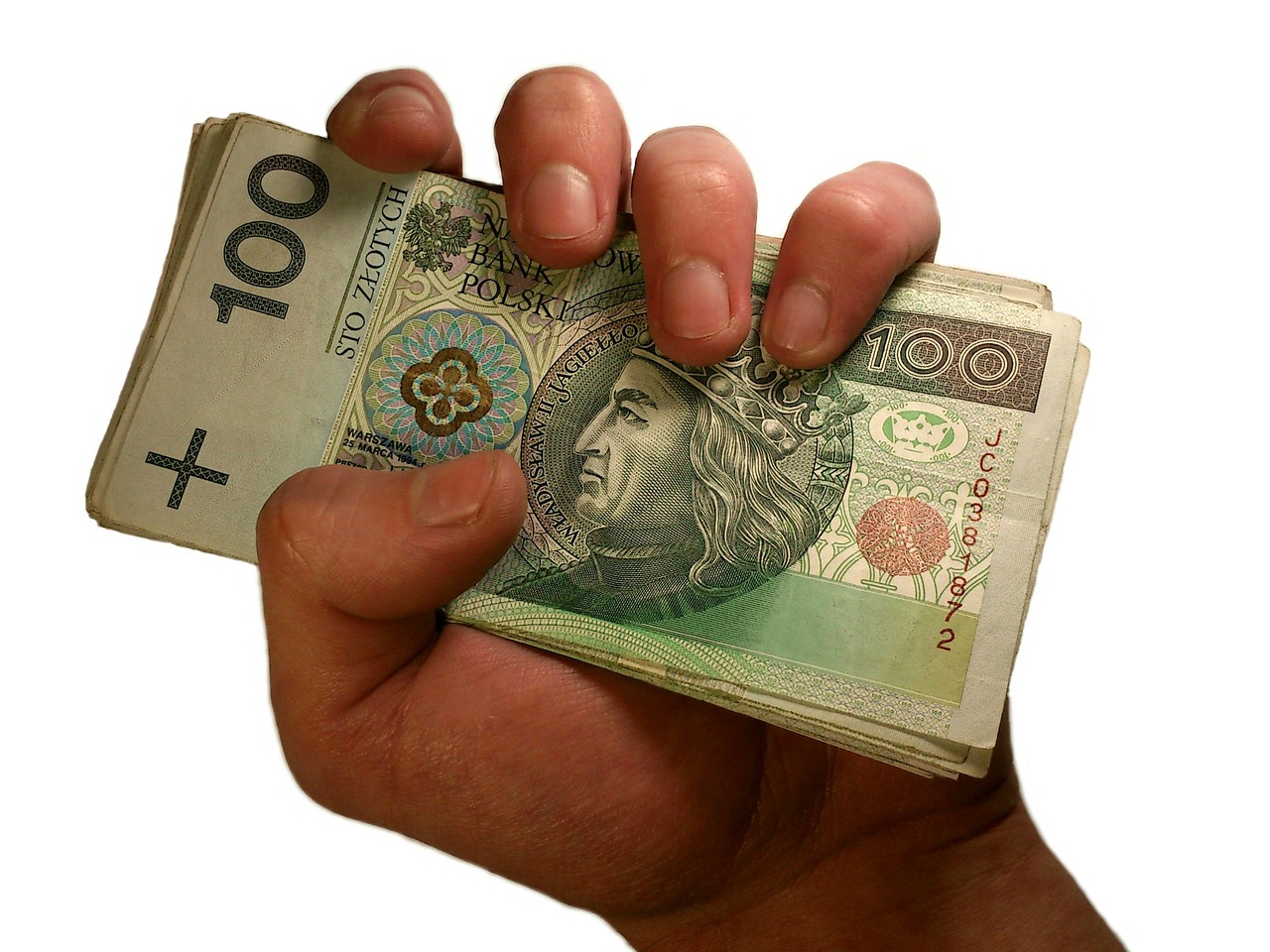
Fear as a Political Tool
Fear, in the realm of politics, is like a double-edged sword. It can be a powerful motivator, driving people to action, but it can also lead to manipulation and control. Politicians and leaders have long understood that invoking fear can sway public opinion and consolidate their power. When fear grips a populace, rational thinking often takes a backseat, and emotional responses can dominate decision-making. This is where the real danger lies. The use of fear as a political tool can undermine the very foundations of democracy, creating a chasm between the governed and their leaders.
One of the most insidious aspects of fear in politics is its ability to create an "us vs. them" mentality. This polarization can lead to the scapegoating of certain groups, fostering division and hostility. When leaders highlight threats—be they economic, social, or external—they often distract the public from pressing issues that require collective action and thoughtful discourse. Instead of engaging in constructive dialogue, citizens may find themselves rallying around fear-driven narratives that serve to bolster the status quo or justify authoritarian measures.
Consider the following scenarios where fear has been wielded as a political weapon:
- National Security: Politicians often leverage fear of terrorism or crime to push for stricter laws, surveillance, and military spending, sometimes at the expense of civil liberties.
- Economic Instability: Economic downturns can lead leaders to exploit fears of job loss or inflation, prompting voters to support policies that may not be in their best interests.
- Cultural Threats: Fear of losing cultural identity can lead to xenophobic policies, as leaders rally support by portraying immigrants or outsiders as threats.
Fear can also manifest in the form of misinformation. In the digital age, social media platforms can amplify fear-based narratives, spreading panic and confusion. This not only affects public perception but can also influence electoral outcomes. Politicians may intentionally spread false information to incite fear, thereby manipulating voter behavior. The consequences of such tactics can be dire, as they lead to a more polarized society where rational debate is overshadowed by emotional turmoil.
Moreover, fear can create a feedback loop: as citizens become more fearful, they may demand stronger measures from their leaders, who in turn may respond with policies that further erode democratic norms. This cycle can lead to a significant shift in how democracy functions, with fear becoming a primary motivator in political discourse rather than reasoned debate and ethical considerations.
In summary, the use of fear as a political tool is a complex issue that poses significant challenges to democratic societies. It can distort public perception, erode civil liberties, and foster division among citizens. As we navigate these turbulent political waters, it's crucial for individuals to recognize the tactics employed by those in power and to question the narratives that are presented to us. Only through critical thinking and active engagement can we hope to reclaim the democratic ideals that fear so often seeks to undermine.
- How does fear affect voter behavior? Fear can lead voters to support candidates or policies that promise security, even if those choices undermine democratic principles.
- Can fear be used positively in politics? While fear is often viewed negatively, it can also mobilize citizens to address real threats, such as climate change or public health crises, when framed constructively.
- What are some historical examples of fear in politics? Historical instances include the Red Scare in the U.S. and the rise of authoritarian regimes that capitalized on public fear to consolidate power.

Historical Examples of Fear in Politics
Throughout history, the use of fear as a political tool has been a common strategy among leaders seeking to consolidate power and manipulate public opinion. One of the most striking examples can be traced back to the Reign of Terror during the French Revolution (1793-1794). In an effort to eliminate perceived threats to the revolution, the government resorted to extreme measures, including mass executions and widespread paranoia. This period not only instilled fear among the populace but also led to a significant erosion of civil liberties, as citizens were often subjected to arbitrary arrests and trials.
Another notable instance is the McCarthy Era in the United States during the early 1950s. Fueled by the fear of communism, Senator Joseph McCarthy spearheaded a campaign against alleged communists in government and various sectors of society. His tactics included public accusations, character assassinations, and a disregard for due process, which created a culture of fear that stifled dissent and led to the blacklisting of countless individuals. This period serves as a stark reminder of how fear can warp democratic ideals and lead to the persecution of innocent people.
Moreover, the rise of authoritarian regimes often hinges on the manipulation of fear. For instance, in Nazi Germany, Adolf Hitler exploited the fear of economic instability and social unrest to gain support for his totalitarian regime. Through propaganda, he painted a picture of an external and internal threat, rallying the populace around a common enemy. The outcome was devastating, as fear was used to justify horrific human rights abuses and the suppression of dissenting voices.
In examining these historical examples, it becomes evident that fear is not merely a reaction to external threats; it is often a calculated political strategy. Leaders have historically leveraged fear to galvanize support, suppress opposition, and justify draconian measures. The consequences of such fear-driven tactics can be far-reaching, impacting not only the political landscape but also the very fabric of society.
To better understand the impact of fear in politics, let’s take a look at a table summarizing some significant historical instances:
| Event | Time Period | Key Figures | Impact |
|---|---|---|---|
| Reign of Terror | 1793-1794 | Maximilien Robespierre | Mass executions, erosion of civil liberties |
| McCarthy Era | 1950-1954 | Joseph McCarthy | Blacklisting, suppression of dissent |
| Nazi Germany | 1933-1945 | Adolf Hitler | Human rights abuses, totalitarian control |
As we reflect on these examples, it is crucial to recognize that the exploitation of fear in politics can lead to a cycle of oppression that undermines the very principles of democracy. The challenge for modern democracies lies in remaining vigilant against such tactics, ensuring that fear does not dictate policies or compromise the rights of citizens.

Case Study: The Cold War Era
The Cold War era, stretching from the end of World War II to the early 1990s, was marked by a pervasive atmosphere of tension and fear between the United States and the Soviet Union. This period was not just a geopolitical struggle; it was also a profound psychological battle that influenced the lives of millions. The fear of communism, often dubbed the "Red Scare," gripped the American public and shaped political rhetoric, policy decisions, and social dynamics.
At the heart of this fear was the belief that communism posed an existential threat to democracy and capitalism. Politicians, particularly in the U.S., seized upon this fear to justify a range of actions, from military interventions to domestic surveillance. The infamous McCarthy hearings of the early 1950s serve as a prime example of how fear was weaponized. Senator Joseph McCarthy led a campaign against alleged communists in the government and other sectors, creating a climate of suspicion and paranoia. Many lives were ruined, careers destroyed, and the very fabric of American society was tested as people turned against one another.
Moreover, the Cold War's influence was not confined to the United States. In Europe and other parts of the world, countries were caught in the crossfire of ideological warfare. The establishment of NATO and the Warsaw Pact further solidified the divisions. Governments used propaganda to instill fear of the 'other,' portraying the opposing side as a threat to national security. This led to a series of conflicts, including the Korean War and the Vietnam War, where the fear of communism justified military action and intervention.
To understand the dynamics of fear during the Cold War, we can look at a few key factors:
- Propaganda: Both sides employed extensive propaganda campaigns to demonize each other, reinforcing the notion that the opposing ideology was a dire threat.
- Nuclear Arms Race: The fear of nuclear annihilation loomed large, with both superpowers amassing arsenals that could destroy the world multiple times over.
- Espionage and Surveillance: Governments expanded their surveillance capabilities, justified by the need to protect against communist infiltration.
The Cold War era serves as a poignant reminder of how fear can shape political landscapes and public sentiment. It illustrates that while the struggle against a perceived threat may rally a nation, it can also lead to significant ethical dilemmas and the erosion of civil liberties. The tactics employed during this time continue to resonate in contemporary political discourse, reminding us of the delicate balance between security and freedom.
As we reflect on this historical period, we can recognize the importance of remaining vigilant against the misuse of fear in politics. Understanding our past can empower us to foster a more informed and resilient democracy, one that prioritizes critical thinking and ethical governance over fear-driven policies.
- What was the main cause of fear during the Cold War? The primary cause of fear was the ideological clash between capitalism and communism, leading to the belief that communism threatened democracy.
- How did fear influence U.S. domestic policies during the Cold War? Fear led to policies such as McCarthyism, where suspected communists were persecuted, and civil liberties were compromised in the name of national security.
- What lessons can we learn from the Cold War regarding fear in politics? The Cold War teaches us that fear can be a powerful tool for manipulation, underscoring the need for critical thinking and skepticism in political discourse.

Case Study: Post-9/11 America
The aftermath of the September 11 attacks marked a pivotal moment in American history, one that was heavily influenced by fear. In the wake of the attacks, a palpable sense of vulnerability swept across the nation, leading to a dramatic shift in political rhetoric and public policy. This fear was not just a fleeting emotion; it became a powerful tool wielded by politicians to justify a series of controversial measures that fundamentally altered the landscape of civil liberties in the United States.
In the immediate response to 9/11, the U.S. government initiated a campaign that aimed to protect the nation from further terrorist threats. However, this campaign quickly blurred the lines between security and personal freedoms. The introduction of the USA PATRIOT Act is a prime example of how fear can lead to the erosion of civil liberties. This legislation expanded the government's surveillance capabilities and allowed for the detention of individuals without due process, all in the name of national security.
Moreover, the fear of terrorism permeated various aspects of daily life. Citizens were urged to report suspicious activities, fostering a culture of vigilance that often crossed into paranoia. This environment led to the stigmatization of certain communities, particularly Muslims, who were unfairly associated with the threats posed by extremist groups. The fear instigated by 9/11 not only affected public policy but also altered societal dynamics, resulting in increased discrimination and xenophobia.
To illustrate the extent of these changes, let’s look at some of the key policies and their implications:
| Policy | Description | Implications |
|---|---|---|
| USA PATRIOT Act | Expanded surveillance and law enforcement powers | Increased government monitoring and decreased privacy rights |
| Homeland Security Act | Created the Department of Homeland Security | Consolidated various agencies, focusing heavily on counter-terrorism |
| Military Commissions Act | Allowed for military trials of terrorism suspects | Limited legal rights for accused individuals |
As fear continued to shape American politics, it also affected public trust in government institutions. Many citizens began to feel that their rights were secondary to the need for security. This shift raised critical questions about the balance between safety and freedom. Are we willing to sacrifice our civil liberties for a false sense of security? The fear-driven narrative perpetuated by leaders often left little room for dissent or debate, creating an atmosphere where questioning government actions was seen as unpatriotic.
In conclusion, the post-9/11 era serves as a stark reminder of how fear can be manipulated to reshape not only policies but also the very fabric of society. The legacy of this fear continues to influence American politics today, reminding us of the delicate balance that must be maintained between protecting the nation and upholding the democratic values that define it.
- How did the USA PATRIOT Act affect civil liberties? The USA PATRIOT Act expanded government surveillance capabilities, often at the expense of individual privacy rights.
- What was the public's reaction to post-9/11 policies? Many citizens supported increased security measures, but there was also significant concern about the erosion of civil liberties and discrimination against certain communities.
- Is fear still a factor in American politics today? Yes, fear continues to be used as a political tool, influencing public opinion and policy decisions on various issues.

Philosophical Responses to Fear in Politics
Fear can be a powerful motivator, but it also raises profound ethical questions, particularly in the realm of politics. Philosophers have long grappled with the implications of using fear as a tool for governance. They argue that while fear can mobilize citizens or justify certain actions, it often comes at the cost of ethical principles and democratic integrity. For instance, consider the works of John Stuart Mill, who emphasized the importance of individual liberty and the dangers of societal pressures. He believed that fear could stifle free thought and dissent, which are essential for a healthy democracy.
Another significant philosophical perspective comes from Hannah Arendt, who examined the nature of power and authority. Arendt argued that fear can lead to a form of obedience that undermines individual autonomy. In her view, the use of fear by political leaders often results in a populace that is compliant rather than engaged, ultimately weakening the democratic fabric of society. This raises the question: should leaders prioritize security over freedom, or is it possible to achieve both?
Philosophers like Michel Foucault have also contributed to this discourse by analyzing how fear operates within societal structures. Foucault suggested that fear is not merely a reaction to external threats but is also cultivated through governmental practices and institutional frameworks. This perspective invites us to consider how our political systems might manipulate fear to maintain control, thereby challenging us to reflect on the ethical implications of such strategies.
Moreover, the concept of social contract theory offers insight into how fear can be addressed within democratic frameworks. Thinkers like Thomas Hobbes posited that individuals surrender certain freedoms to a governing body in exchange for security. However, when fear becomes the primary lens through which governance is exercised, it can lead to a breakdown of this contract. Citizens may feel betrayed if the government prioritizes fear-based policies over their rights and freedoms.
Ultimately, the philosophical responses to fear in politics suggest a delicate balance between maintaining order and upholding democratic values. It challenges us to reflect on our own political systems and the role fear plays in shaping public discourse. Are we, as citizens, allowing fear to dictate our choices? Are our leaders using fear to manipulate rather than unite? These questions are crucial as we navigate the complex interplay of fear, philosophy, and democracy.
- What is the role of philosophy in understanding fear in politics?
Philosophy provides a framework for analyzing the ethical implications of using fear as a political tool, encouraging critical reflection on governance practices. - How does fear impact democratic values?
Fear can undermine democratic values by stifling dissent, eroding civil liberties, and fostering a culture of compliance rather than engagement. - Can fear ever be justified in political contexts?
While fear can mobilize action in certain situations, its justification is contentious and often leads to ethical dilemmas regarding individual rights and freedoms. - What philosophical theories address the use of fear in governance?
Theories such as social contract theory, as well as perspectives from philosophers like Mill, Arendt, and Foucault, provide valuable insights into the implications of fear in political contexts.
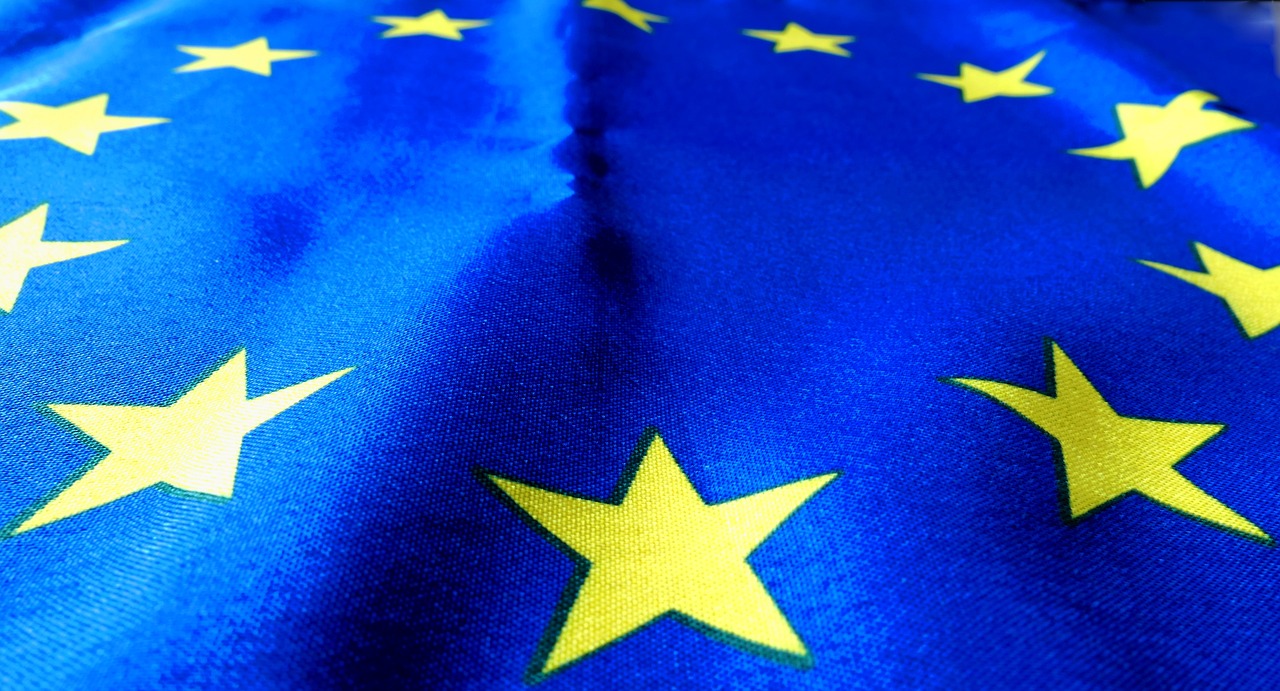
Democracy's Vulnerability to Fear
Democracy, often celebrated as a bastion of freedom and equality, is paradoxically vulnerable to the very emotions that it seeks to mitigate—namely, fear. This vulnerability arises from the innate human response to threats, which can be both real and perceived. When a society is gripped by fear, it can lead to a series of reactions that undermine the democratic principles of transparency, accountability, and individual rights. In a climate of fear, people may prioritize security over liberty, leading to a dangerous trade-off that can erode the foundations of democracy itself.
One of the most alarming effects of fear on democracy is its ability to distort public perception and influence political decisions. When citizens feel threatened, they often look to their leaders for solutions, sometimes at the expense of critical thinking. This can result in the acceptance of authoritarian measures that promise safety but ultimately compromise democratic values. For instance, during times of crisis, leaders may exploit fear to rally support for policies that would typically be deemed unacceptable in a stable environment. The result is a populace willing to sacrifice their rights for the illusion of security, which can lead to a slippery slope of increasing government control.
Consider the impact of fear-driven narratives in shaping public opinion. The media plays a pivotal role in disseminating information, but sensationalized reporting can amplify fear and create a cycle of panic. When people are bombarded with alarming news, they may become more susceptible to manipulative rhetoric from politicians. This phenomenon can create a feedback loop where fear begets more fear, ultimately leading to a populace that is less informed and more easily swayed by emotional appeals rather than rational discourse.
Furthermore, fear can fracture the social fabric of a democratic society. When individuals are divided by fear—whether it be fear of the 'other,' fear of economic instability, or fear of losing personal freedoms—cohesion diminishes. This fragmentation can result in a weakened civil society, where collective action becomes more challenging. In such an environment, the potential for radicalization increases, as marginalized groups may resort to extreme measures in response to their fears. The consequences can be profound, leading to increased polarization and a decline in democratic engagement.
To illustrate this point, let’s examine a few key indicators of how fear manifests in democratic societies:
| Indicator | Impact |
|---|---|
| Legislation | Increased laws that restrict civil liberties in the name of security. |
| Public Sentiment | Heightened mistrust towards minority groups or political opponents. |
| Political Rhetoric | Use of fear-based messaging to rally support for controversial policies. |
In conclusion, while fear is a natural human emotion, its pervasive influence on democracy poses serious risks. It can lead to the erosion of civil liberties, manipulation of public opinion, and the fracturing of social unity. As citizens, it is crucial to remain vigilant and question fear-based narratives that may seek to undermine the democratic ideals we cherish. By fostering critical thinking and open dialogue, we can combat the negative influences of fear and work towards a more resilient democracy.
- How does fear affect voter behavior? Fear can lead voters to support candidates or policies that promise security, even if it means sacrificing some freedoms.
- What can citizens do to resist fear-driven politics? Engaging in open discussions, educating themselves about political issues, and promoting critical thinking can help counteract fear-based narratives.
- Are there historical examples of fear impacting democracy? Yes, events like the Cold War and the aftermath of 9/11 illustrate how fear can lead to significant changes in policies and public attitudes.

Impact on Civil Liberties
The intertwining of fear and politics often leads to significant repercussions for civil liberties, a cornerstone of democratic societies. When leaders invoke fear—be it through threats of terrorism, economic instability, or social unrest—they frequently justify the implementation of policies that infringe upon individual rights. This manipulation can create a slippery slope where, in the name of safety and security, fundamental freedoms are compromised. For instance, during times of crisis, governments may enact laws that allow for increased surveillance, restrict freedom of speech, or limit the right to assemble. These measures, although often framed as necessary for public safety, can lead to a culture of fear that stifles dissent and undermines the very principles of democracy.
Consider the aftermath of major events, such as terrorist attacks or economic downturns. In these moments, the public is particularly susceptible to fear-driven narratives. Politicians may exploit this vulnerability to push through legislation that curtails civil liberties. A notable example is the USA PATRIOT Act, enacted shortly after the September 11 attacks, which expanded the government's surveillance capabilities significantly. While many argued that such measures were essential for national security, critics pointed out that they posed a direct threat to privacy and civil liberties.
Moreover, fear can also lead to societal divisions, where certain groups are scapegoated or marginalized. This creates an environment where discrimination thrives under the guise of protecting the populace. For example, during the Cold War, fear of communism not only justified aggressive foreign policies but also led to the persecution of individuals within the United States who were suspected of having leftist sympathies. Such actions reflect how fear can distort public perception and lead to widespread violations of rights.
In light of these implications, it is crucial to maintain a vigilant stance against fear-based governance. Citizens must be educated about their rights and remain actively engaged in the political process to hold leaders accountable. By fostering a culture that prioritizes open dialogue and critical thinking, we can better safeguard our civil liberties against the encroachment of fear-driven policies.
- How can fear impact civil liberties? Fear can lead to the justification of policies that restrict individual rights, such as increased surveillance and limitations on free speech.
- What are some historical examples of fear affecting civil liberties? The USA PATRIOT Act after 9/11 and the internment of Japanese Americans during World War II are significant instances.
- How can citizens protect their civil liberties? By staying informed, engaging in political discourse, and advocating for transparency and accountability in government actions.

Public Trust and Fear
Fear has a remarkable ability to shape our perceptions, especially when it comes to trusting our government. When citizens are engulfed in fear, whether from external threats or internal strife, their faith in public institutions often wavers. This erosion of trust can become a vicious cycle: as fear rises, trust diminishes, leading to policies that may further instill fear among the populace. It’s a bit like a snowball effect, where a small amount of fear can escalate into a larger crisis of confidence in governance.
Consider this: when a government uses fear as a tool to rally support or justify actions, it can create an environment where the public feels they must choose between safety and liberty. This dilemma can lead to a scenario where citizens are more likely to accept invasive policies, believing that their safety is paramount. However, this acceptance often comes at the cost of civil liberties. For instance, during times of crisis, we might see:
- Increased surveillance measures
- Restrictions on freedom of assembly
- Legislation that curtails free speech under the guise of national security
Such actions can breed resentment and suspicion among the populace, as they begin to feel that their rights are being sacrificed for a perceived sense of security. Moreover, the constant messaging of fear can lead to a public that is more compliant and less likely to question authority. This compliance, however, does not equate to genuine trust. Instead, it may be a façade, masking deeper anxieties about the direction in which a government is heading.
Furthermore, the impact of fear on public trust can vary significantly across different demographics. Research has shown that marginalized communities often bear the brunt of fear-based policies, leading to a disproportionate loss of trust in government. When these communities feel targeted or neglected, it can create a rift that is difficult to bridge. The lack of trust can create an environment where citizens disengage from the political process altogether, believing that their voices will not be heard or valued.
In summary, fear is a powerful force that can undermine public trust in profound ways. It can lead to a populace that is less engaged, less informed, and more susceptible to manipulation. As we navigate these turbulent waters of fear and governance, it’s crucial to foster open dialogue and transparency. Only then can we hope to rebuild the trust that is so essential for a thriving democracy.
- How does fear affect public trust in government?
Fear can lead to a decrease in trust as citizens feel their rights may be compromised for security. - What are some examples of fear-driven policies?
Examples include increased surveillance, restrictions on assembly, and limitations on free speech. - Can fear be used positively in politics?
While fear can mobilize action, it is often detrimental if used to manipulate or control the populace. - What can be done to restore public trust?
Promoting transparency, open communication, and community engagement can help rebuild trust.
Frequently Asked Questions
- What is the connection between philosophy and democracy?
Philosophy serves as the bedrock of democratic values, pushing us to think critically and ethically about governance. It encourages questioning and understanding the principles that uphold democracy, making it essential for navigating its complexities.
- How does fear influence political decisions?
Fear is often wielded as a political weapon to sway public opinion and consolidate power. When leaders invoke fear, they can manipulate perceptions, potentially undermining democratic processes and altering voter behavior.
- Can you provide examples of fear being used in politics?
Absolutely! Throughout history, fear has been a common tactic. For instance, during the Cold War, the fear of communism led to significant political policies. Similarly, the aftermath of the 9/11 attacks saw a spike in fear-driven rhetoric that impacted American policies and civil liberties.
- What are the philosophical viewpoints on using fear in governance?
Philosophers have long debated the ethical implications of fear in politics. Many argue that while fear can be a motivator, its use can lead to ethical dilemmas, especially when it compromises individual rights and democratic values.
- How does fear affect civil liberties?
Fear-driven policies can lead to significant restrictions on individual rights. This often results in legislation that compromises personal freedoms and undermines the rule of law, posing a serious threat to democracy.
- What impact does fear have on public trust in government?
Fear can erode public trust in government institutions. When citizens feel threatened, they may become more reliant on authority figures, which can lead to a diminished sense of accountability and transparency in democratic systems.


